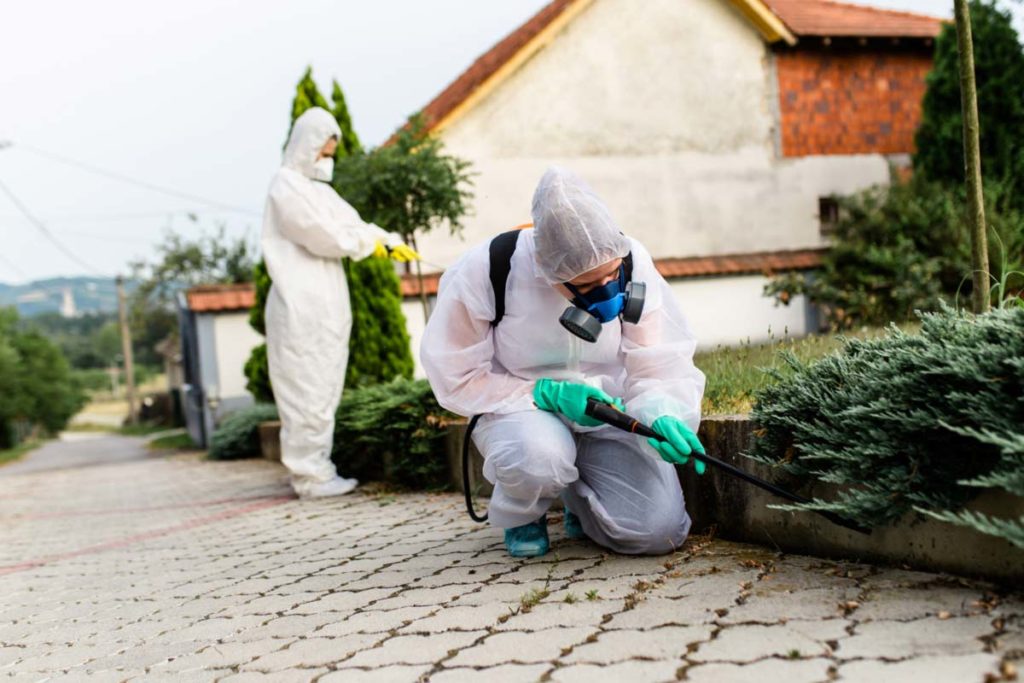
If you’re a gardener, then you know that pests of all varieties can be a major nuisance. One of the most destructive pests for not only your raised garden beds but your home itself is the termite. Raised garden bed termites can quickly damage or even destroy your garden if left unchecked. In this blog post, we’ll teach you how to identify termite damage, remove any infested material, and prevent future termite damage in your raised garden beds and even your home.
Identifying Raised Garden Bed Termites
One of the most common signs of termite damage is the presence of mud tubes. These are small, raised tubes of mud that termites use to travel from their nests to your garden beds. If you see any mud tubes, it’s a good indicator that you have a termite problem.
Another sign of termite damage is finding wood that sounds hollow when tapped. This is because termites eat away at the wood from the inside, leaving a thin shell of wood that can easily be broken. If you use wooden boards to raise your garden plots, feel the wood around the perimeter for hollowness. If the board collapses in on itself with a little bit of pressure, and looks chewed up on the inside, it’s likely you have a termite problem in your garden.
You may also find raised garden beds that are sagging or leaning. This is because termites may have eaten away at the supports holding up your raised garden bed. To help prevent damage to your garden beds, consider using wood treated with water-emulsion based chemicals like Chlorpyrifos or Lindane.
Why are Termites a Problem in the Garden?
Termites are a problem in the garden because they eat away at the wood that raised garden beds are typically made out of. This can quickly destroy your raised bed and make it unusable.
Not to mention, if you have termites in your raised garden beds, there’s a good chance they’ll find their way into your home as well. Because of this, it’s typically best practice to keep garden beds away from your home’s foundation to preemptively stop the spread of pests into your home.
What to Do if You Find Termite Damage
If you suspect that your raised garden bed has termites, it’s important to take action quickly. The first step is to remove and replace any infested material. This includes anything with mud tubes or hollow sounding wood. Once you’ve removed the infested material, you can treat the area with an insecticide to kill any remaining termites.
Since this is a garden, we encourage you to be green-conscious with your choice of insecticides. Pollinators like bees are not only great for the environment, but for your gardens as well. For more information about pollinator friendly garden pest control, check out this article from the Gardening Channel.
Try to only apply pesticides on dry days, exclusively applying it to the problem areas. This will keep pesticides from washing away in runoff and getting into the soil.
Organic pesticides like diatomaceous earth and neem oil can be effective against termites, as well as other pests, without doing much damage to the soil.
If the wood isn’t damaged beyond repair, you can treat it with extreme heat or cold to kill any termites inside. Curing wood in a kiln can be a good (albeit inconvenient) way to make wood more termite resistant.
Preventing Termite Damage in Raised Garden Beds
To prevent future termite damage, it’s important to keep your raised garden beds clean and free of debris. Be sure to regularly inspect your raised garden beds for signs of termite damage and take action quickly if you find any.
Be sure to regularly remove weeds and dying plants from your garden. Dying plants in particular can be great food for termites and other pests. Remove any rotting fruits or veggies left behind, and be sure to pick produce as soon as it’s ready to be picked.
Rotating crops seasonally can also help prevent the spread of pests in your garden, as well as boost your produce yields.
Keep in mind, there are also beneficial insects to have in your gardens! Predators like spiders, dragonflies, praying mantises, and hover flies can make great garden defenders that will do very little damage to your garden themselves. Hover flies in particular are useful, as their larvae specifically feeds on termite eggs and larva. If you see these bugs, leave them be!
With a little bit of effort, you can keep your raised garden beds free of termites and enjoy a healthy, thriving garden.
If you are having trouble with termites or pests of any kind, Recon Pest Services is here to help. Servicing the greater Omaha and Lincoln areas of Nebraska, we have to tools and knowledge needed to take care of any common pest.


